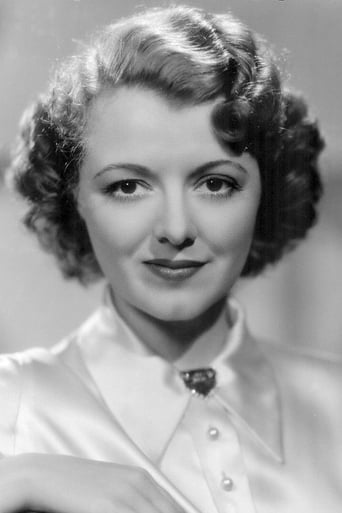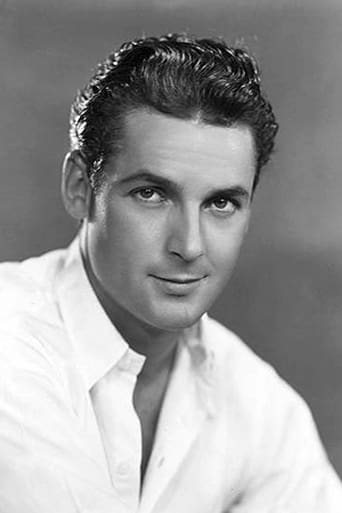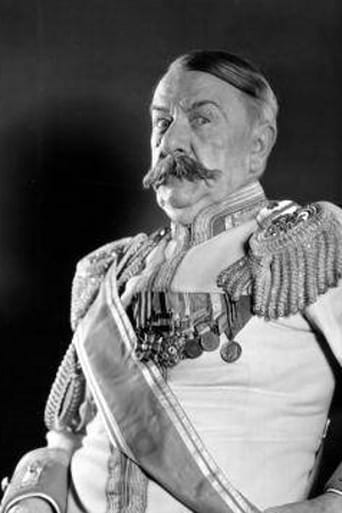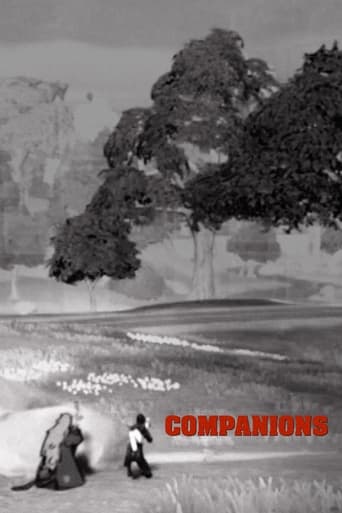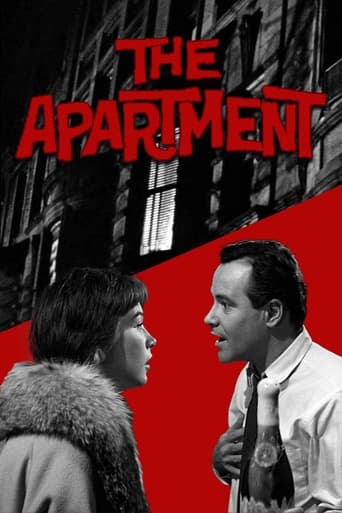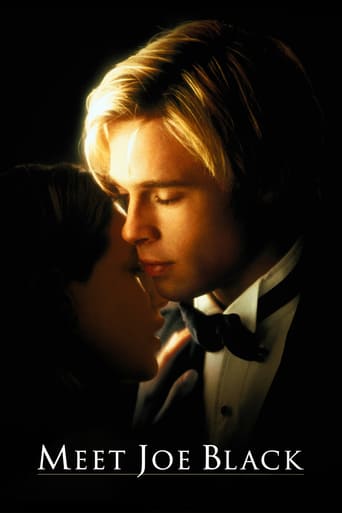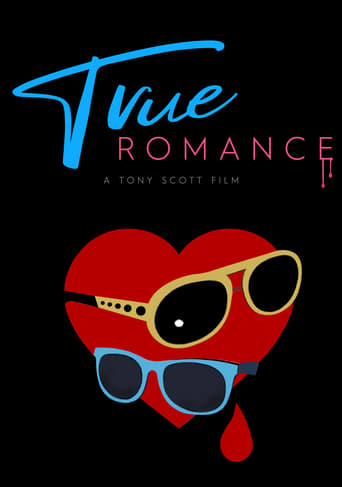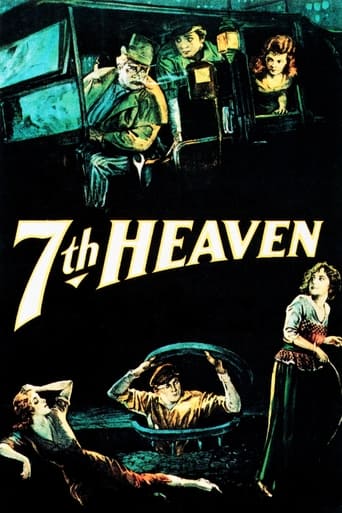
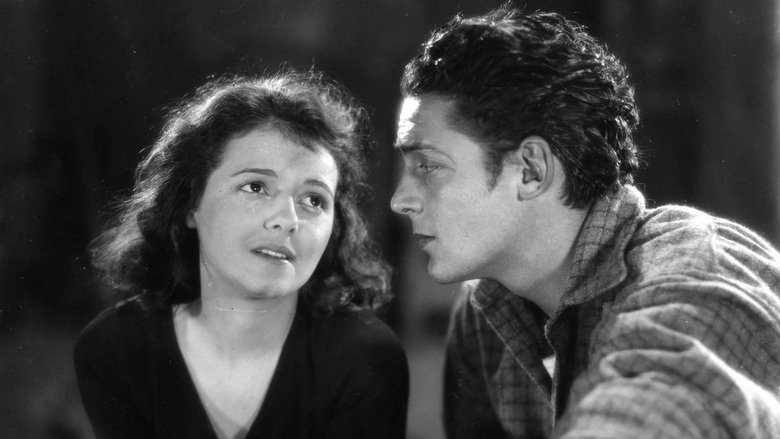
7th Heaven (1927)
A dejected Parisian sewer worker feels his prayers have been answered when he falls in love with a street waif.
Watch Trailer
Cast


Similar titles
Reviews
"Seventh Heaven," Frank Borzage's poetic romantic melodrama from 1927, was the last of the three films nominated for the first Best Picture Oscar that I have now finished viewing (the other two being Lewis Milestone's "The Racket" and William A. Wellman's "Wings"). It's a sweet little movie about a meek waif (Janet Gaynor) who meets cute with a macho street cleaner (Charles Farrell) and then proceeds to fall in love with him, and he with her, while living together as a fake husband and wife in order to fool the authorities and prevent Gaynor from going to jail (that's another story, and is disposed of within the film's first 20 minutes or so). From there, the film transitions into full-blown melodrama as Farrell goes off to war and Gaynor waits stoically for him to return.This all would be enough to make one gag, if someone other than Borzage had directed it. He had a knack for taking the most saccharine subject matter and handling it with utmost delicacy; as a result, you're utterly charmed and swept up in the film's romanticism even as your head tells you you should be rolling your eyes. It also helps that Farrell and especially Gaynor were very good actors, and they make the characters believable while keeping the rampant sentimentality at bay.Borzage won the first Best Director Oscar for his work, and Gaynor was Oscar's first Best Actress, winning for this and two other films, "Street Angel" and "Sunrise," back when Oscars were given for entire bodies of work over a year and not for one specific film. Writer Benjamin Glazer completed the film's triplicate wins by taking home the first Oscar for Writing (Adaptation), before a screenplay award even existed."Seventh Heaven" was passed over in the Best Picture category for "Wings," and it also lost Art Direction (for Harry Oliver's impressive Parisian loft and WWI battlefield sets), but with five nominations it emerged as the most nominated film in Oscar's debut year.Grade: A
Much has been made of Murnau, but I'm more impressed by Borzage.Yes, the subject matter is more lowbrow, but it is also more fully integrated into the cinematic flow, perhaps as a result.I'm told this is his best in terms of what impresses me: the integration of space.Nearly every shot is framed, not in two dimensions by three. There's impressive use of vertical space as well, even incorporating it into the story. Though the story is simple (love, war, return) it has certain narrative elements that bind it to space, and these aren't afterthoughts but essential elements of the story that rest easily in the big holes left by melodrama.The love nest is literally on the seventh floor. Our hero literally starts in the sewer. He is elevated by intercession of the church, which provides him with a pair of religious medals. If the sewer-heaven dimension is vertical, these medals provide for horizontal space overlay via a sort of spiritually pure love each day at 11.But the space idea is carried in every frame as well. Its not layers like Kurosawa with give us. Nor a camera that would explore and define space like Hitchcock the camera is stationary here. But its deep.Gaynor is impressive.Oh, and it has that most spatial of drugs: absinthe. Ted's Evaluation -- 3 of 3: Worth watching.
This could easily have become a mundane, mediocre movie. Instead, Janet Gaynor took the lead and made it one of the great performances of all time. One of the haunting scenes was Gaynor leaning against the tire of the old, decrepit taxicab (not against a lamp post as another post suggested) in a state of abject despair. She had just been beaten mercilessly by her sister because she (Gaynor) had stood up in a moment of courage and honesty and refused to lie to her wealthy uncle. Chico had just saved her from being choked to death by her sister, but in speaking to his friends, he refers to her as less than nothing. Why did he save her, he asks, when she would have been as well off dead. Diane/Gaynor is the image of despair, totally passive, awaiting her fate as they talk about her. I'm reminded of the scene in "My Fair Lady" in which Pickering and Higgins are talking about Eliza, and Higgins is speaking of her as if she is nothing more than a sheep at auction, even though she is sitting right in front of them. When Diane tries to kill her self, everything changes. In the aftermath, both Chico and Diane come across as totally guileless as she offers to play his wife, and he wants her assurance that she won't try to take advantage of him. It is a sweet, delightful moment, and the audience at the SF silent film festival laughed heartily at the implications. Watch her scenes where she confronts her fear of heights, first pulling back from the window and then later challenging her fears for the first time in her life. (I happen to be badly acrophobic, and these scenes brought on a very familiar clutch in my chest, as if I were really there, on that seventh floor.) Others have commented on the movie, and I agree, generally. I might note some points that weren't remarked on.When the Franch army is mobilizing and marching away, the same band passes by three times. The whole French army seems to be passing by in that tight little street, over and over. Couldn't the scene looking out the window have been handled better, with little effort, to show more variation? When the taxis were taking the troops to the front, they moved up the same road in precise spacing and perfect order. Twice, or three times, the same scene repeats. Would it have been too much trouble to make it a little more chaotic. Hey, these were taxi drivers! (I believe the use of the Paris taxis to take the troops to the front was true, though I haven't checked that.) Plaudits for the representation of World War I trench warfare. This was too horrifying, I have come to feel, to portray with any sort of realism even now, but it is done here as well as could be expected.The colonel's advances to Diane were quite restrained. What if he had pressured her a bit more, perhaps one more scene of attempted seduction? Would it have heightened the tension and challenged her more, or would it have just taken the movie back 15 years to the era of more evil, vile, villains? What if we had seen her faith in Chico and their 11 o'clock hour waver a bit more before their final test in the climactic scene? I agree wholeheartedly that the ending was too short. Please, just a minute or two more denouement to bring us back down? I liked the humor introduced by such sidebars as Boul and his taxi. Some of the best drama includes bits of humor, just as life does.The names Chico and Diane did not strike either me or my wife as French, so did not add to the scene. We wondered where these came from.This is not a movie in which the ending is in question. We desperately needed the lovers to find their happy ending, even when it seems to be all over, all lost, in that last few minutes. But what a glorious job Janet Gaynor did in leading us there! The lighting and the camera work complement her perfectly. And at the San Francisco silent film festival,the organ accompaniment was splendid. Oh, my, what a great movie! What a great actress!
There is some pedestrian acting in Seventh Heaven; furthermore, there are situations which in the world of today seem crass beyond belief. But anyone who can watch this film, with its original tints and Movietone score, without a complete sense of wonder at what film once was, and might be again if the business of films allowed, is dead emotionally and spiritually. It is no wonder Janet Gaynor won an Oscar for this, and other, film in 1927. Frank Borzage, who seems to be the forgotten director of all time, deserved sainthood for getting at least a credi8ble performance from Charles Farrell. His deft handling of the material and the camera is really astounding. His use of the helix as a symbol of re-birth, not original, is flawless and we still get fatigued walking with the two lovers up seven flights of stairs with his excellent crane shot. One suspects Lewis Milestone learned much from the war scenes and I wonder how Borzage would film Iraq, Afghanistan, or the World Trade Centre.Simply put, no cinema fan can comment intelligently on film without seeing this masterpiece. I prefer it to Sunrise, no easy thing to admit. I rate it a 9 simply because Farrell is objectionable in so many ways. But Janet Gaynor is a wonder and Frank Borzage deserves a university course of his own.


